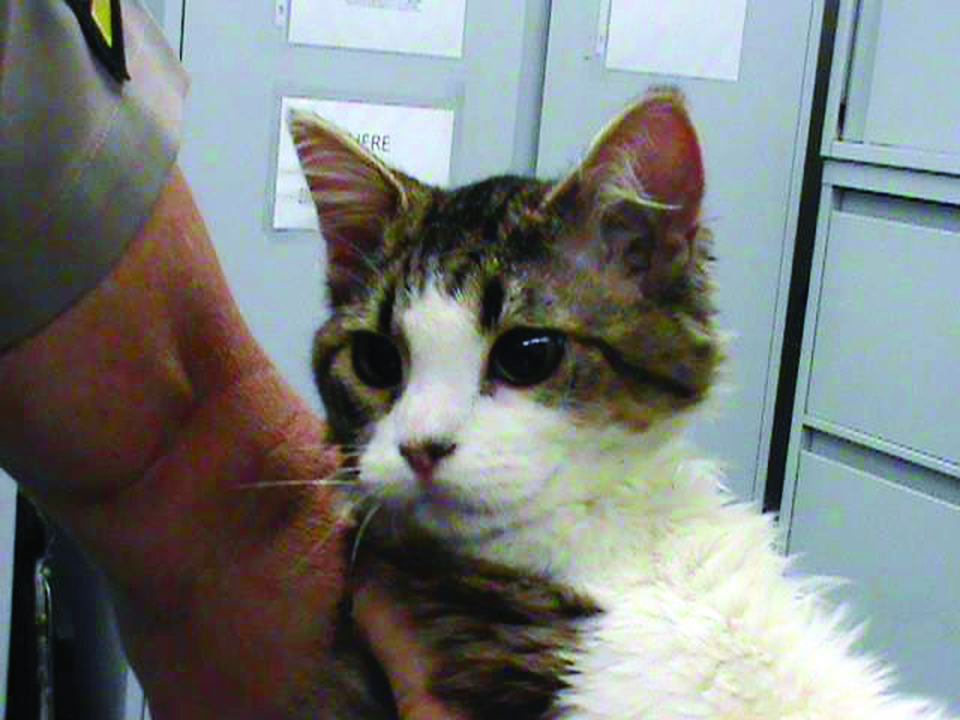By Brittney Jackson | The Duquesne Duke
Duquesne pharmacy professors Paula Witt-Enderby and David Lapinsky and former pharmacy professor Vicki Davis patented a new compound that could amplify breast cancer treatment and prevention.
According to Witt-Enderby, professor of pharmacology and melatonin specialist, the compound is a combination of tamoxifen and melatonin. Tamoxifen is commonly used for treating ER-positive breast cancer. Melatonin has also exhibited strong anti-cancer actions.
When combined, tamoxifen and melatonin can protect the uterus from unwanted estrogen stimulation, which increases a woman’s risk of breast cancer, according to Witt-Enderby.
Witt-Enderby started working with Lapinsky and Davis in 2007 on breast cancer treatment. They discussed the potential benefits of combining melatonin and tamoxifen to observe if the anti-cancer effects were greater.
“There’s a wealth of background information that logically says tamoxifen and melatonin should be combined together into a single compound for purposes of either the treatment or prevention of breast cancer,” Lapinski said.
Lapinski, associate professor of medicinal chemistry, created the drug and together they tested the compound on cells and mice. When linked together, melatonin and tamoxifen displayed “more binding to their respective receptors,” which alludes to their anti-cancer actions.
The compound did not result in uterine stimulation, even though mice given tamoxifen alone did show increases in uterine weight, according to Witt-Enderby.
Lapinski said the drug design is “exciting” and could potentially impact the way breast cancer is treated.
“This patent provides us with the potential ability to literally take our research ideas from the bench to the bedside to significantly impact human lives,” Lapinski said.
The next step involves gathering funding to test the drug on animals and humans. Witt-Enderby said she hopes that the drug improves human health without comprising quality of life.
“There are a lot of drugs out there that make people feel sick,” Witt-Enderby said. “I want to make drugs that kill the cancer but keep people healthier so they can have a better quality of life. I think that’s really important.”
Witt-Enderby said that in early September, her colleagues at Tulane University published a study regarding the effects of low light exposure on breast cancer. In the study, they found that dim light exposure resulted in lower melatonin levels, faster tumor growth and tamoxifen resistance.
When melatonin was given, the tumors regressed.
If melatonin linked with tamoxifen is introduced to the body during the night, this may eliminate the negative effects of low light exposure on ER + breast cancer, according to Witt-Enderby.



